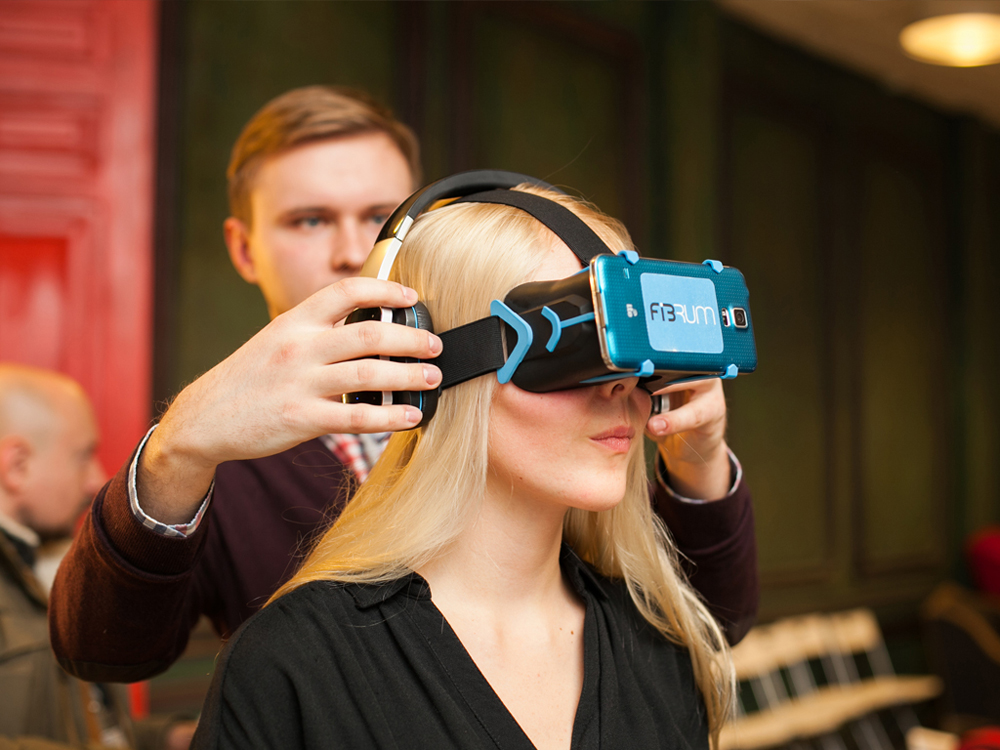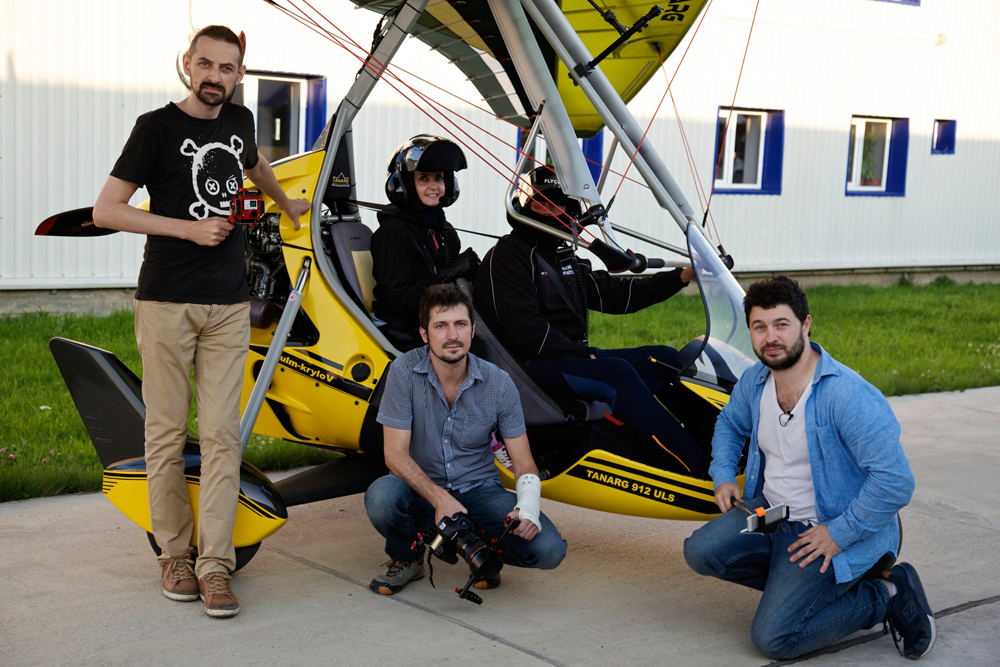Russia's Fibrum goes head-to-head with Google in virtual reality

Users will be able to download apps for their VR headsets with the help of the Fibrum Platform.
Press PhotoThe new Russian-made Fibrum VR Platform brings together gamers, as well as game and VR headset developers from different countries. The platform is available in English and Russian.
Yaroslav Sivokhin, Fibrum's executive director and partner, said the platform "will solve the lack of a comprehensive product generated by the mass production of head-mounted displays from various makers."
Instead of looking for them independently, users will be able to find applications for their VR headsets on the Fibrum Platform: they will be redirected to one of the marketplaces, such as Google Play or App Store, if they want to download the app. At the same time developers will have an opportunity to promote products to their target audience.
To download games users will have to register and activate the code received after the purchase of a VR headset. Mandatory registration will help developers obtain additional information about users and adapt applications to their needs.
Daydreams at Google
Google announced that it plans this autumn to launch a similar platform, Google Daydream.
The main difference between Fibrum and Google Daydream, which can be used only with a Google HMD or Google Cardboard, is that the former is suitable for all devices. In addition, Fibrum's apps are suitable for all smartphone models, while Google has more rigid technical parameters.
Fibrum's creators predict that Google's entrance into the market will grow the industry in general. "This will become a big advantage for all HMD and application developers," said Sivokhin.
Fibrum eyes the world
Fibrum plans to enter the international market and is in talks with developers from South Korea and France. In the two years since the company was established in 2014, it became a pioneer in the field of mobile VR. As of today the startup has released 27 mobile applications of various formats (games, attractions, etc.), and there are more than 50 new projects from Fibrum and partners.
In 2015 the company created the Fibrum Pro VR mobile HMD, and as of early 2016 the company sold more than 11,000 HMDs in Russia and abroad, while users downloaded the mobile apps more than 8 million times.
Subscribe to get the hand picked best stories every week
All rights reserved by Rossiyskaya Gazeta.
Subscribe
to our newsletter!
Get the week's best stories straight to your inbox
